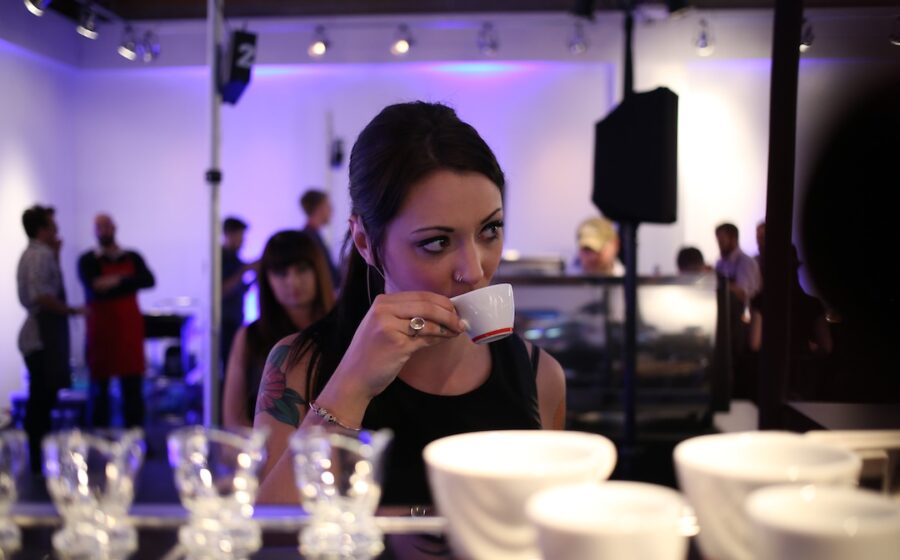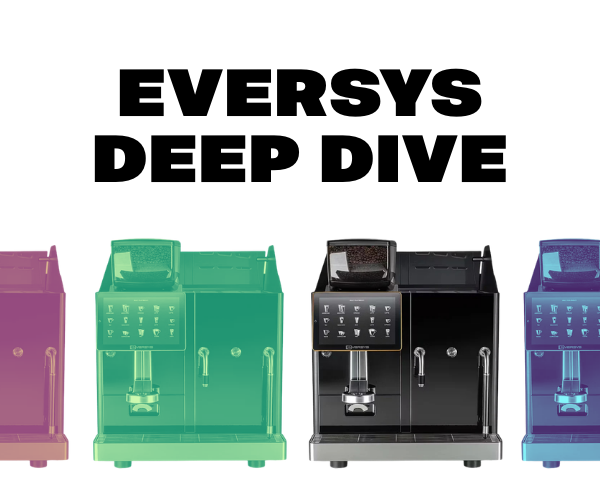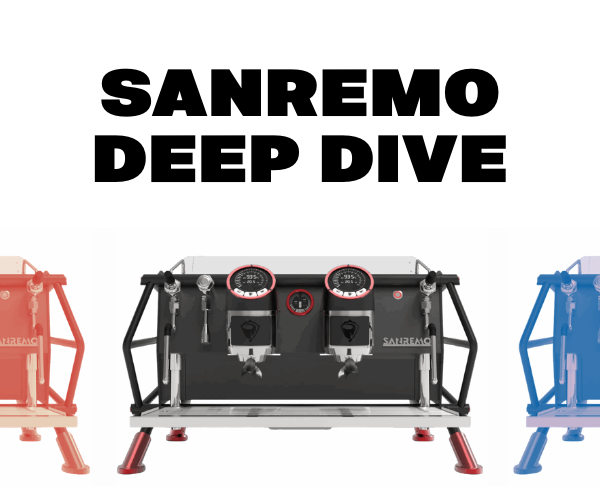The US Barista Championship is an annual glimpse at the serious side of coffee. During competition season, baristas stash their well-worn aprons, don professional attire, leave behind their customers, and step into a realm of interactive expertise where executing a stand-out signature drink and forming the perfect rosetta makes them stars.
Intelligentsia’s Eden-Marie Abramowicz has been heading to coffee competition since 2010 as both a competitor and a judge. The twenty-three-year-old placed second in this year’s Big Western southwest regional (she won that competition last year) landing her at USBC, the country’s most prestigious coffee showdown. As a manager at Intelligentsia’s Silver Lake branch in Los Angeles, Abramowicz trains year-round for competition and is continually seeking flavors and ideas that will translate into a memorable, fifteen-minute performance. More than prestige, she seeks inspiration at the highest level of coffee craft. Here she offers her reasons for taking the stage, and runs us through the beverage that earned her shot at a national title. —Regan Crisp
[T]he hardest thing about competition is deciding what you’re going to talk to the judges about. A lot of my topics come from interesting conversations I have with my staff and customers. They ask questions that make me want to know more about a particular subject, and I turn that subject into a routine. It comes down to deciding how you’re going to serve tasty drinks that will support the topic you’ve chosen; the signature drink has to be an enjoyable recipe and one that is a further explanation of the question you proposed.
My topic this year was flavor descriptors. I became interested in how they influence expectation and the overall experience customers are going to have with the coffee. When we go in and cup coffees blind, we’re pushed to taste different things and come up with vocabulary we don’t always use. But if someone tells you you’re going to taste these three things, you’re very influenced. You’ll find it easy to pick out those flavors in the cup.

I laid out a tray of sixteen different ingredients embodying flavors that I felt a coffee professional would expect in a coffee from Bolivia. Before I served the judges anything, I said, “I gave you a lot of information on this farm. What do you expect?” And they were able to choose one flavor. I knew their decisions would influence how they tasted and what they perceived in the cup. I then took whatever ingredients they chose and used their expectations to create the final signature drink.
I’m seeking ideas for competition year-round. We have competition season, but the rest of the time is when I’m developing my palate. I go to the farmers’ market every week, to try new produce and find new flavors and ingredients like fresh dates. We all know dates as these caramelized, mushy, sugary things. But before that, fresh dates are full of tannins and are crispy and have a lot of similarities to coffee. Or finger limes, which are tiny limes that have almost caviar-like bubbles inside. They’re sweet and delicious and have a really interesting texture. I look for weird things like that, and from them I pull inspiration.
We have competition season, but the rest of the time is when I’m developing my palate.
Competing requires a lot of time and hard work. But it excites me to bring new ideas back to my staff and customers at my shop, whether it’s my routine that I’ve been working on—which changes how I communicate with customers and how I train my baristas to communicate—or inspiration I find watching other competitors—the flavor descriptors they’re using, their coffees, their ideas about hospitality.
It’s nice to be in the top six, because you get to do your routine that much more. But truthfully, if I did all this work and no one got to see it, it would still influence how I am at work, how I interact with the staff, how I interact with customers. Competing helps me think about what we do day in and day out from a different perspective. Competition makes me step back and look at our work on a deeper level.
—Barista champion Eden-Marie Abramowicz is also an educator and manager at Intelligentsia Coffee in Los Angeles.










